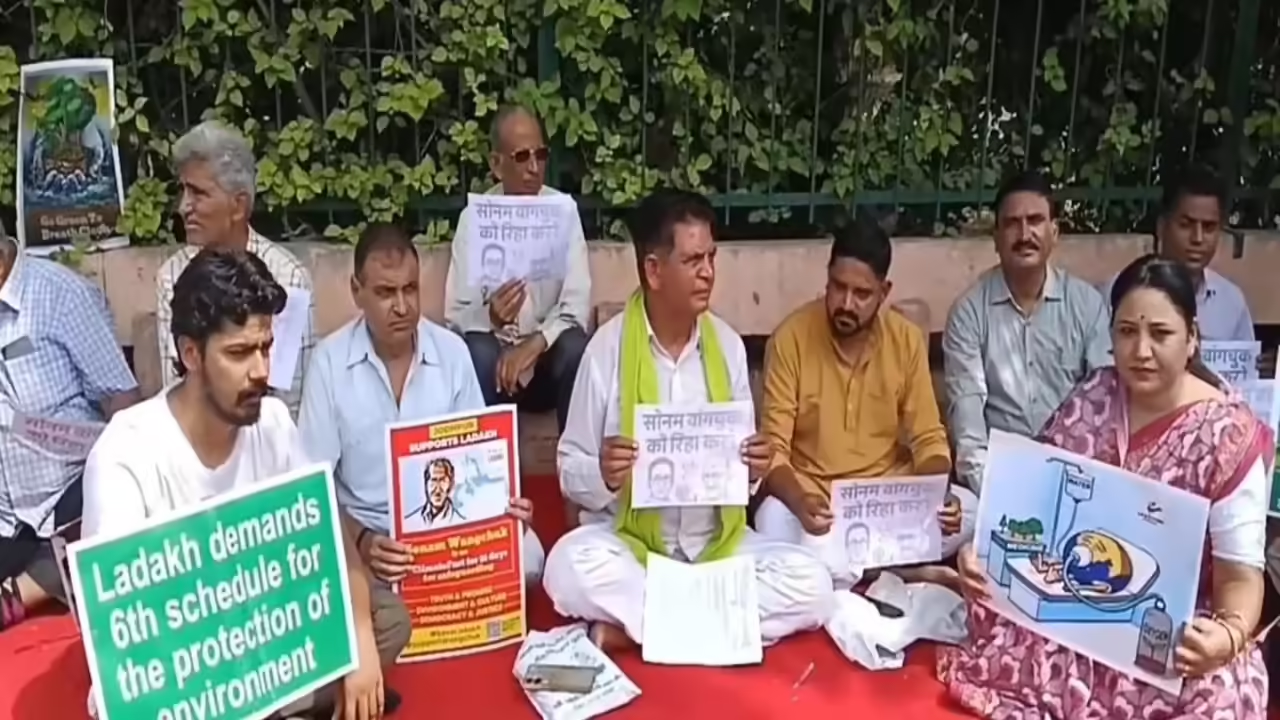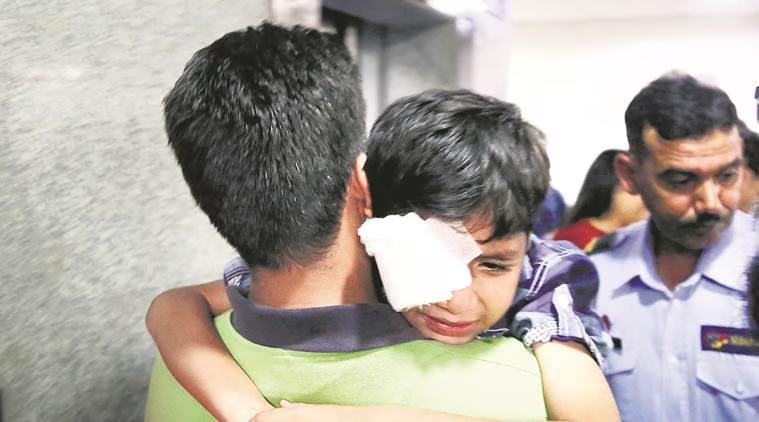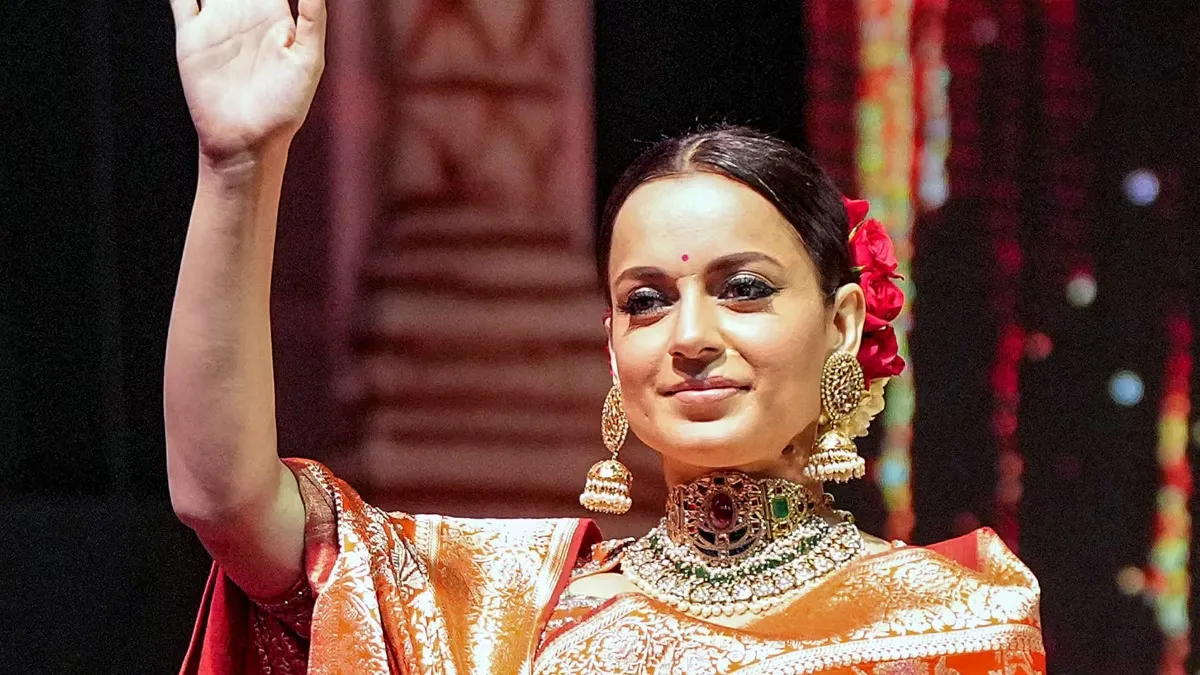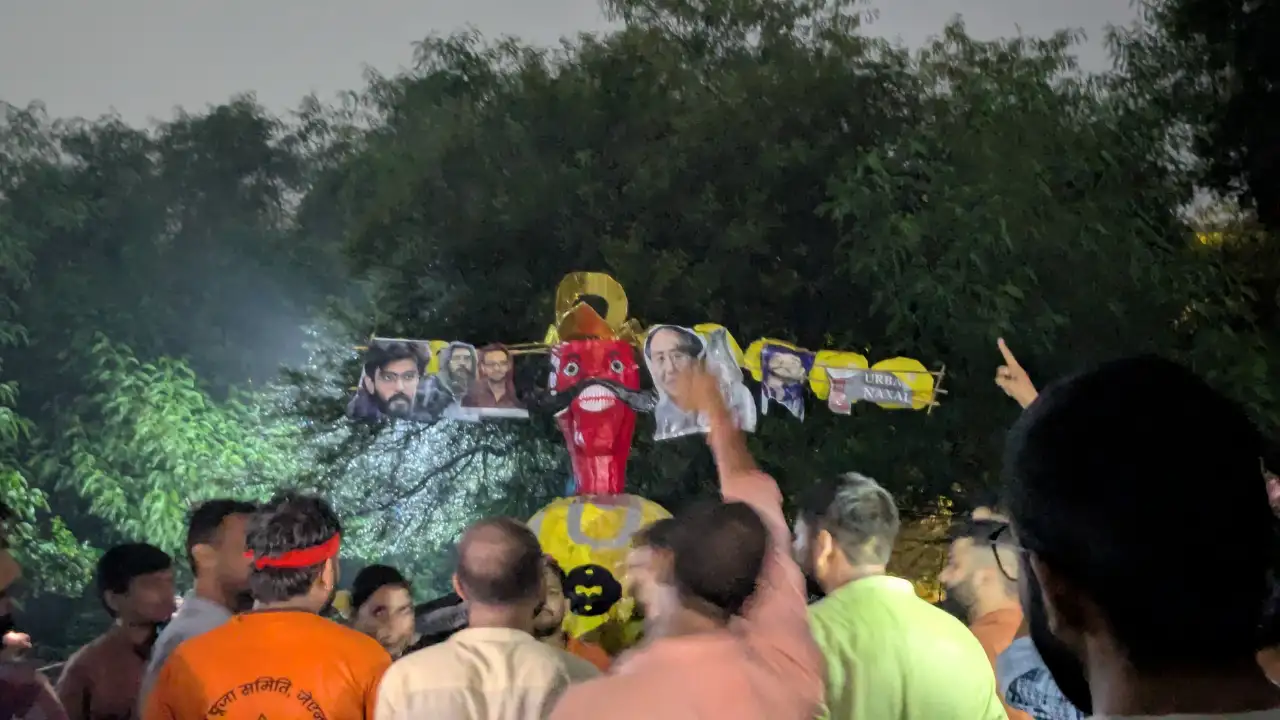Now Reading: Activists Protest in Jodhpur Demanding Release of Sonam Wangchuk
-
01
Activists Protest in Jodhpur Demanding Release of Sonam Wangchuk
Activists Protest in Jodhpur Demanding Release of Sonam Wangchuk

On October 2, 2025, a group of social activists and environmentalists staged a sit-in outside the Jodhpur Collectorate office, demanding the release of climate activist Sonam Wangchuk. Wangchuk, known for his advocacy for Ladakh’s statehood and environmental issues, was arrested under the National Security Act (NSA) following violent protests in Leh that resulted in four deaths.
Background of the Arrest
The unrest in Ladakh was sparked by demands for greater autonomy and statehood, particularly the inclusion of Ladakh under the Sixth Schedule of the Indian Constitution. Wangchuk, who had been on a hunger strike to press for these demands, was accused by authorities of inciting violence through provocative statements. In response to the unrest, the government canceled the license of Wangchuk’s NGO and imposed a curfew in Leh.
Protest in Jodhpur
The protest in Jodhpur was organized by various social and environmental groups, including RK Meghwal, who criticized the Leh administration for its handling of the protests. Meghwal argued that the police initiated the violence by firing on protesters and that Wangchuk had suspended his protest immediately after the violence broke out.
Wangchuk’s Transfer to Jodhpur
Following his arrest, Wangchuk was transferred to Jodhpur Central Jail, a high-security facility known for housing high-profile inmates. He has been placed in isolation and is under constant surveillance.
Widespread Support for Wangchuk
The demand for Wangchuk’s release has garnered support from various parts of India. Protests and gatherings have been organized in cities like Shimla and Rohtang Pass, with participants carrying placards and raising slogans in support of Wangchuk and Ladakh’s demands.
Conclusion
The arrest and detention of Sonam Wangchuk have sparked a nationwide debate on the treatment of activists and the handling of dissent. As the legal proceedings continue, the case remains a focal point for discussions on civil liberties and regional autonomy in India.

























